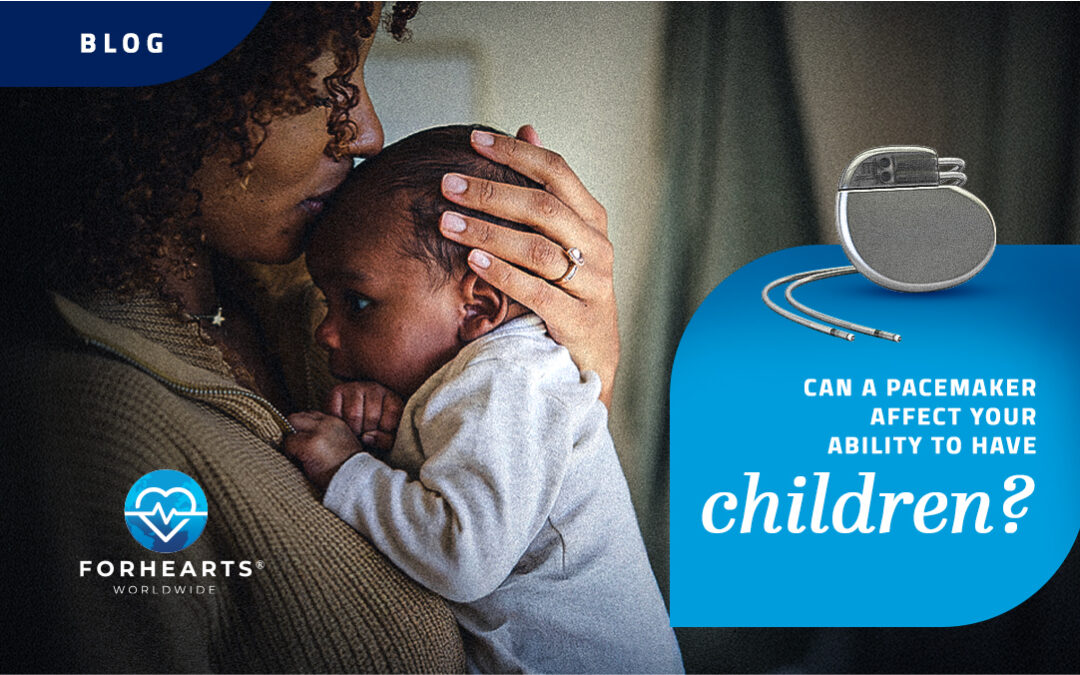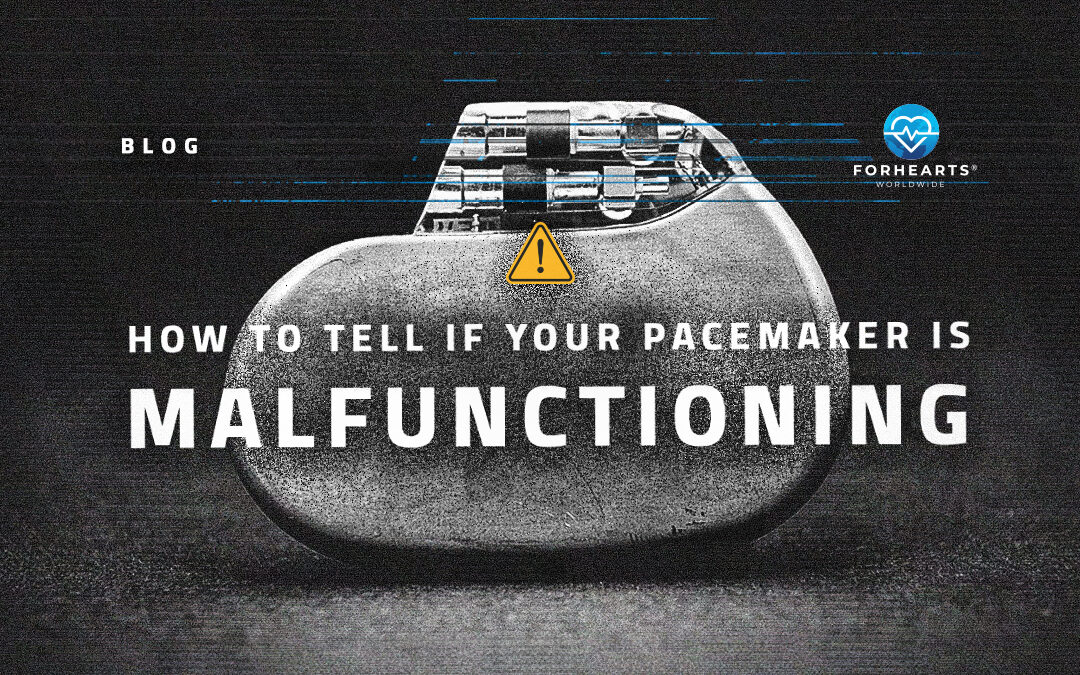
by ForHearts Worldwide | Jun 30, 2025 | Cardiology Care, Heart Health, Pacemaker Care
Pacemakers help to regulate dangerously abnormal heartbeats and arrhythmias by connecting to the heart’s electrical system via leads—thin, insulated wires that carry electrical pulses from the pacemaker’s pulse generator to electrodes inside the heart chamber. This...

by ForHearts Worldwide | Jun 17, 2025 | Pacemaker Care
For girls and young women with pacemakers, the dream of one day having children of their own was once only that—a dream. Over the last 25 years, medical breakthroughs and rapidly evolving pacemaker technology have made it possible for young recipients of pacemakers to...

by ForHearts Worldwide | May 30, 2025 | Pacemaker Care
How a Pacemaker Helps Manage Bradycardia and Tachy-Brady Syndrome — And Keeps You Active If you have been diagnosed with bradycardia or tachy-brady syndrome, you might feel uncertain about what comes next. Will you still be able to live a full, active life? The good...

by ForHearts Worldwide | Apr 24, 2025 | Pacemaker Care
Pacemakers and implantable cardioverter defibrillators (or ICDs) are the heart rhythm “specialists” of the implantable cardiac device world. These “mini-computers” help to regulate dangerously abnormal heartbeats and arrhythmias like ventricular tachycardia and...

by ForHearts Worldwide | Feb 28, 2025 | Heart Health, Pacemaker Care
Being physically active is important for your heart health, especially if you are living with a pacemaker or other implanted cardiac device. However, as you start to age, you may find that you are not able to be as active as you once were. It happens to everyone...

by ForHearts Worldwide | Feb 18, 2025 | Cardiology Care, Heart Health, Pacemaker Care
Every person living with a pacemaker is unique, and the reasons for their device can vary. The most common reason is to address an arrhythmia—an abnormal or irregular heart rhythm. A pacemaker can also help the chambers of a weak heart to beat “in sync” so it can...








